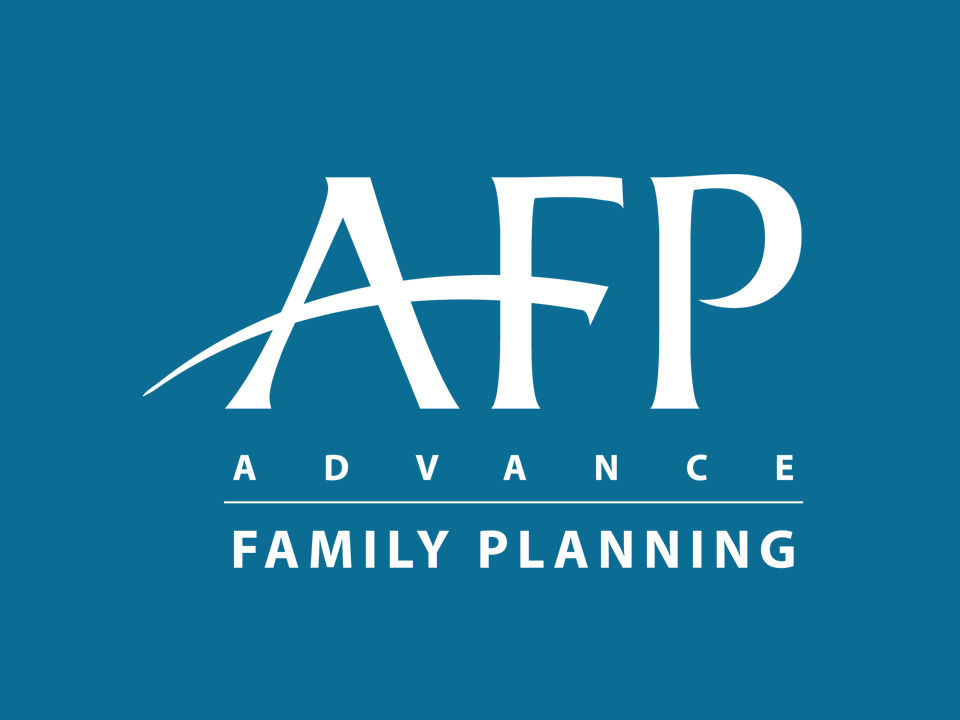Article by Beth Fredrick, Advance Family Planning
“The truth, of course, is that there is no journey. We are arriving and departing all at the same time.” David Bowie
As a lifelong family planning advocate, I often ask myself if the basic right to determine whether and when to become pregnant will ever be assured. Every step forward seems matched by new and dangerous leaps back. It is in this context that FP2030’s elevation of advocacy and accountability in its new framework for action is both urgent and essential.
But like Mr. Bowie, I have the feeling that we are arriving and departing at the same time.
New ways of working will coexist with tried-and-true advocacy. And any true guarantee of rights, health, and well-being will require new thinking as well as shedding some outdated ways of operating.
In 2009, I joined the fledgling advocacy initiative, Advance Family Planning (AFP). Spearheaded by the Bill & Melinda Gates Institute for Population and Reproductive Health with Johns Hopkins Bloomberg School of Public Health, its mandate was urgent and audacious: to regain funding and political leadership to address contraceptive deprivation.
Then came the 2012 London Summit on Family Planning, and AFP partners joined forces with FP2020. It was a time of great promise and progress. More than a decade later and despite sweeping gains made by advocates worldwide, we as a community are again at a watershed moment.
The continued urgent need for quality, voluntary contraceptive information, services, and supplies will persist even as many other urgent issues — pandemics, violence, and persistent inequality to name a few — also demand attention.
In this environment, three elements of the new FP2030 Advocacy and Accountability Framework will be critical:
- Building strategic partnerships. The next wave of action will be driven by shifts in power to civil society and leaders in the Global South. Donor recognition of the talent and expertise of African, Asian, and Latin American allies is long in coming. Yet, I am not ready to give up on cross-hemisphere, cross-country collaboration, especially as we in the North face battles of our own. As FP2030 transfers its own activities to regional hubs, even greater exchange of knowledge and skill will be needed to realize the framework’s call for country, regional, and global coordination.
- Planning for opposition. The framework notes that our issues are highly politicized and have many opponents, but we are prepared. Along the way we have made powerful alliances with advocates working to empower young people, secure gender equality, and address issues related to sex, rights, and bodily autonomy. As we all make inroads, however, advocacy gains also threaten traditional notions of power and the values of those who hold it — including the well-funded foes of family planning. To overcome opposition through the new FP2030 partnership, it will be imperative to mobilize resources and continue to join forces in the fight against common enemies.
- Investing in advocacy for the long haul. And that brings me to money. Even as commitments and resources waver, advocates are ready, willing, and able to overcome these challenges. But underfunded efforts do not result in sustained change. Greater progress can come from multiyear investments that support all levels of strategic collaboration. Every year of AFP’s existence benefited from reliable funding that realized short-term gains against long-term aims. In our 13 years, advocacy by organizations large and small led to mobilization of $170 million from governments and corporations and nearly 3,000 policy, funding, and visibility wins. We now have even greater potential to build on that success. But success is fickle, and advocacy is too often underfunded. Success will come only when advocates closest to the needs, opposition, and commitments are technically supported, consistently connected, and paid.
It is clear why the FP2030 partnership has prioritized advocacy and accountability. Both are essential to the future we hope to secure. We have no choice but to continue the fight.
